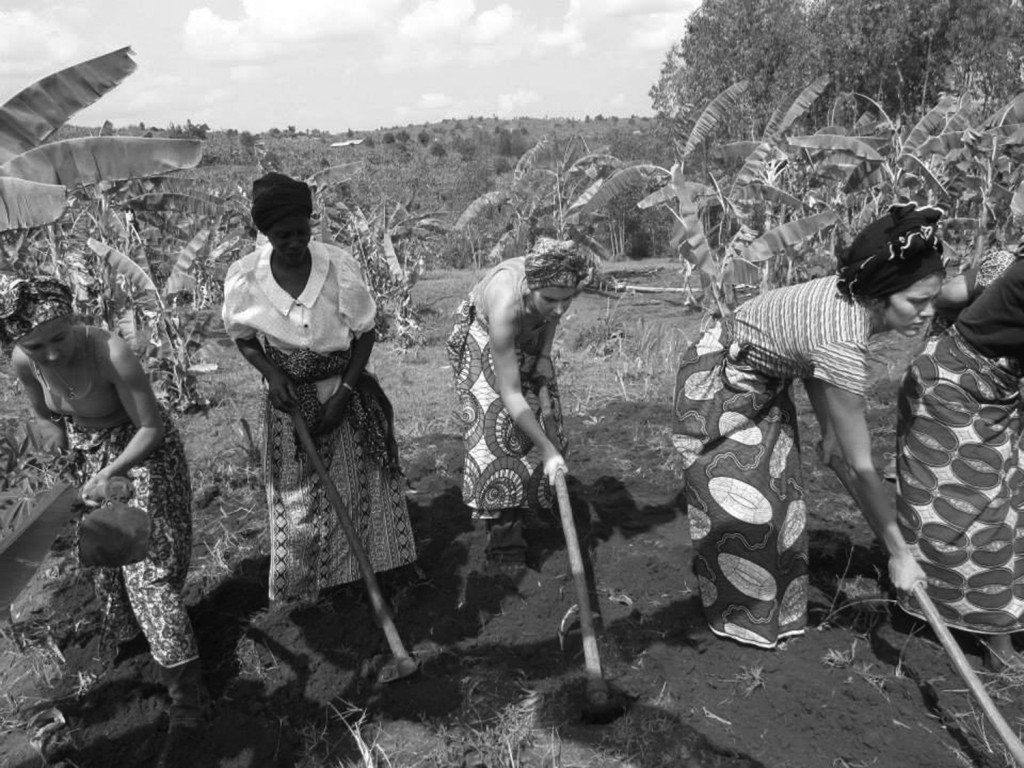Learning To Live A More Humane Life
I studied abroad in Rwanda; in the midst of a whirling nation of rich history, lush landscape, traditional lifestyles alongside Western development, outbursts of the arts, and big-hearted residents, I learned about living a humane life.
In Rwanda, I could control little. I depended on others to compensate for my lack of cultural knowledge and power. Navigating the districts or peeling an avocado, I learned to receive help. Often, Rwandans were glad to feel needed. Feeling as though we have something to offer others is good for someone of any nationality. Acknowledgement of our weaknesses enables that. We all depend on another, life is unpredictable, and everywhere we control much less than we would like to think.
Additionally, people want to be known. I didn’t realize until going abroad how much I usually keep my guard up. There I learned to open up. I saw people set aside much in order to make others feel known and loved. Most people are not out to exploit us, but our fears stop us from engaging each other. There I often enjoyed meeting someone on the street and being invited into their home to talk with their family. When people are unafraid, they will seize opportunities to talk, eat, and laugh together.
I also realized how important rest is. We live in a nation of doing, going, and building. There is a time for that, but also a time to be, to sit, and to enjoy. I would perch in a corner of the bustling market, watching my friend sew for hours. Sometimes we talked, and sometimes we didn’t, but our interactions didn’t have to have a set goal. The purpose was just to be together. And while production is slowed down, relationships are strengthened through rest. People came before agenda there, and I want to incorporate this principle on my home soil.
People here often ask me about the genocide. I wish people could see that there is much more to Rwanda than that aspect of it. However, studying there did show me powerful images of forgiveness. Once, a woman with an arm cut off and her attacker told us their stories. We ate lunch as he caringly helped the woman he had once left for dead eat her meal. They described their reconciliation process and how their families were now neighbors and friends.
They explained that forgiveness is hard, but necessary. That it’s not just stopping the anger, but learning to rebuild life with those who hurt you. That forgiveness may begin with the individual, but involves the community. That it’s slow. That we must see the damage of the victim, and restore their life to them as much as possible. That we must also address the anguishes of those who do violence. That crimes are not only individually enacted, but societally caused. Protecting rights is absolutely important, but when we have failed we cannot move forward without forgiveness on the deepest level.
The ultimate thing I learned about life while abroad is that everything is complex. Life is multifaceted, and every aspect has many causes and consequences. Things are intertwined, and solutions to problems such as “just give money” or “just give education” will never address all that needs to be remedied. Life is holistic and dynamic, and so must be our approaches to the ugly parts of it. Without studying abroad, I would never have realized all that I do now. I am so thankful for Rwanda.

